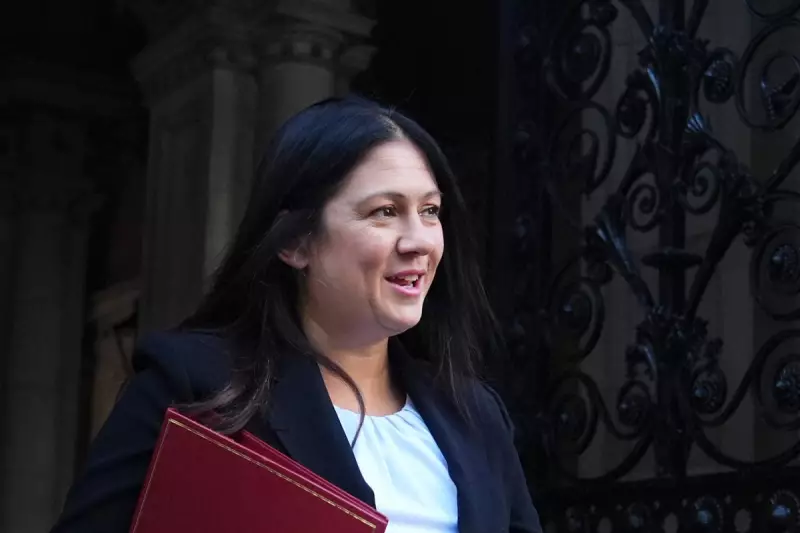
Culture Secretary Lisa Nandy has launched a scathing attack on the BBC, demanding immediate explanations after the broadcaster aired a contentious interview with far-right activist Tommy Robinson.
The incendiary segment on Newsnight has ignited a political firestorm, drawing condemnation from across the political spectrum and raising serious questions about the BBC's editorial judgement.
Political Outrage Erupts
Ms Nandy, in her formal communication to BBC director-general Tim Davie, expressed profound dismay at the decision to provide Robinson with a national platform. The move has been widely criticised as legitimising extremist views and undermining public service broadcasting principles.
Shadow culture secretary Thangam Debbonaire echoed these concerns, stating the interview represented a "serious error of judgement" that risked amplifying harmful rhetoric.
BBC's Defence and Backlash
The BBC has defended its decision, asserting the interview was conducted within established editorial guidelines and formed part of a broader segment examining political strategies. However, this justification has done little to quell the mounting criticism.
Media analysts and political commentators have questioned the timing and framing of the interview, particularly given Robinson's history of inflammatory rhetoric and legal controversies.
Broader Implications for Public Broadcasting
This incident has reignited debates about balance and responsibility in public service journalism. Critics argue that providing airtime to extremist figures under the guise of impartiality can inadvertently promote dangerous ideologies.
The controversy comes at a sensitive time for the BBC, which faces ongoing scrutiny over its funding model and political impartiality amidst a rapidly changing media landscape.
As pressure mounts, all eyes are on how the national broadcaster will respond to the government's concerns and whether this will prompt a reassessment of editorial protocols regarding controversial figures.






